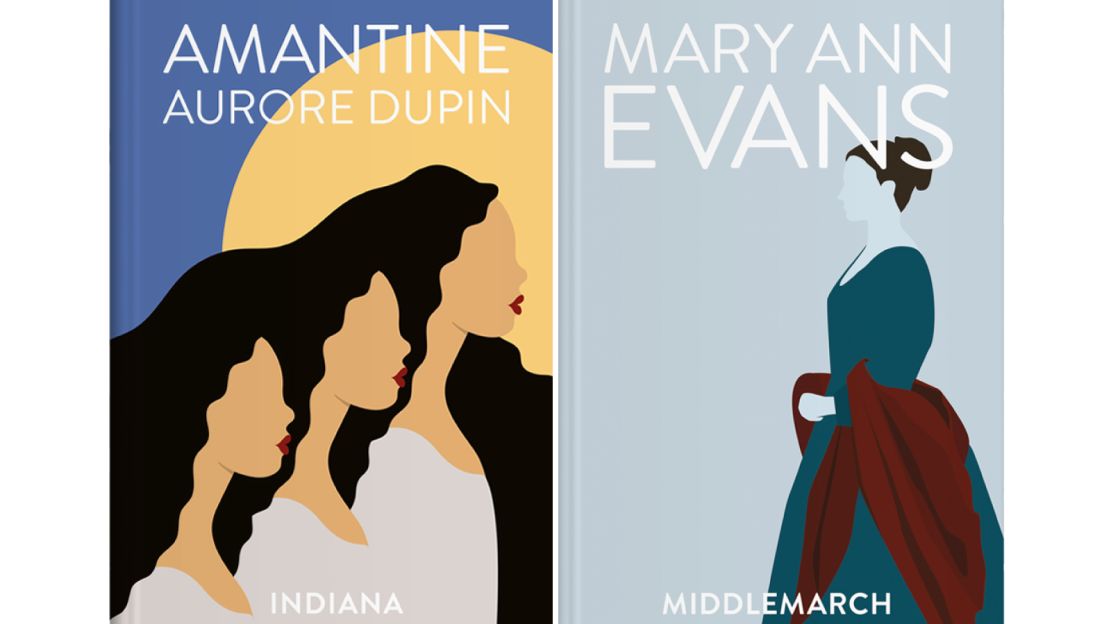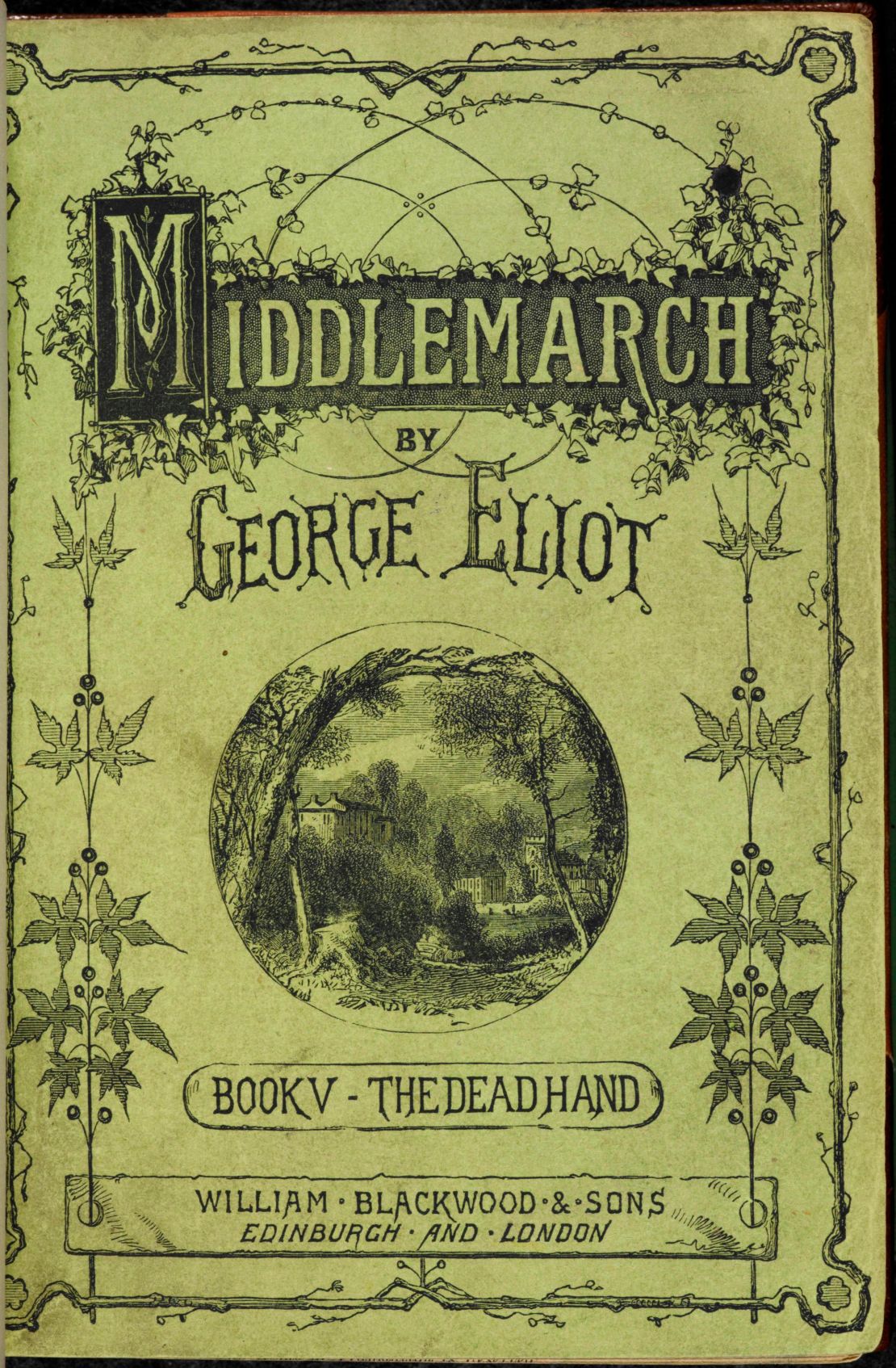Victorian-era writer Mary Ann Evans is often heralded as the literary force behind one of Britain’s greatest ever novels, “Middlemarch.” But for much of her life, and even today, she is better known by her male pseudonym, George Eliot, which she adopted to conceal her gender at a time when women were excluded from intellectual circles.
Now, a new campaign wants that to change.
Evans’ famous novel is one of 25 books, originally published under male aliases, that will be republished under the female authors’ real names. These include the pseudonymous authors George Sand and George Egerton, among others. The project, called “Reclaim Her Name,” was announced on Wednesday by the Women’s Prize for Fiction in celebration of the award’s 25th anniversary.

“Throughout history, many female writers have used male pen names for their work to be published or taken seriously,” read a statement on the award program’s official website, adding that the initiative aimed to “honor their achievements and give them the credit they deserve.”
The 25 novels are being offered as e-books, which are free to download via the prize’s sponsor, Baileys. Physical box sets of the republished titles will also be donated to libraries across the UK.
Facing stigma
Evans’ secret identity became a source of widespread speculation in Victorian England after several of her stories, published under the George Eliot pen name, gained popularity. Charles Dickens, author of “Great Expectations,” “A Christmas Carol” and “Oliver Twist,” even wrote her a letter expressing his admiration and curiosity.
Evans longed to write back and come clean, lamenting to her publisher that “the iron mask of my incognito seems quite painful” in light of Dickens’ praise. The following year, people began misattributing her work to various individuals and the secret began leaking from her inner circle, leading the author to reluctantly reveal her identity.

Other novels chosen for the “Reclaim Her Name” project include “Marie of the Cabin Club” by Ann Petry, the first African American woman to sell more than a million copies of a book. It had originally been published under the pseudonym Arnold Petri.
Also featured is the work of Amantine Aurore Dupin, better known by her pseudonym George Sand, who was one of 19th-century Europe’s most popular writers, and certainly one of the boldest – she wore men’s clothing, smoked tobacco in public and was rumored to have female lovers. The project will republish her novel “Indiana,” which explores the complexities of marriages and relationships.
“Her romances are known worldwide,” Baileys wrote of Sand on its website. “It’s time her name was too.”

The list of authors also includes Mary Bright, known as George Egerton; Fatemeh Farahani, known as Shahein Farahani; and Julia Constance Fletcher, known as George Fleming. The chosen novels span genres, from science fiction to horror, and their authors are just as diverse, hailing from countries including Japan and Iran.
Writing under male or androgynous pen names became increasingly common among female authors in the 19th century. Some of the most famous writers of all time have adopted pseudonyms in the hope of attracting wider audiences without gender-based stigma – “Little Women” author Louisa May Alcott and the Brontë sisters, for instance.
Even today, some women continue to write under pen names, especially in male-dominated genres like science fiction and crime. J.K. Rowling is one famous example – her publishers advised her to use initials instead of her full name when publishing the first Harry Potter book on the grounds that it would better “appeal to boys and girls,” the author recalled to CNN in 2017.
“Basically they were trying to disguise my gender,” she said.

